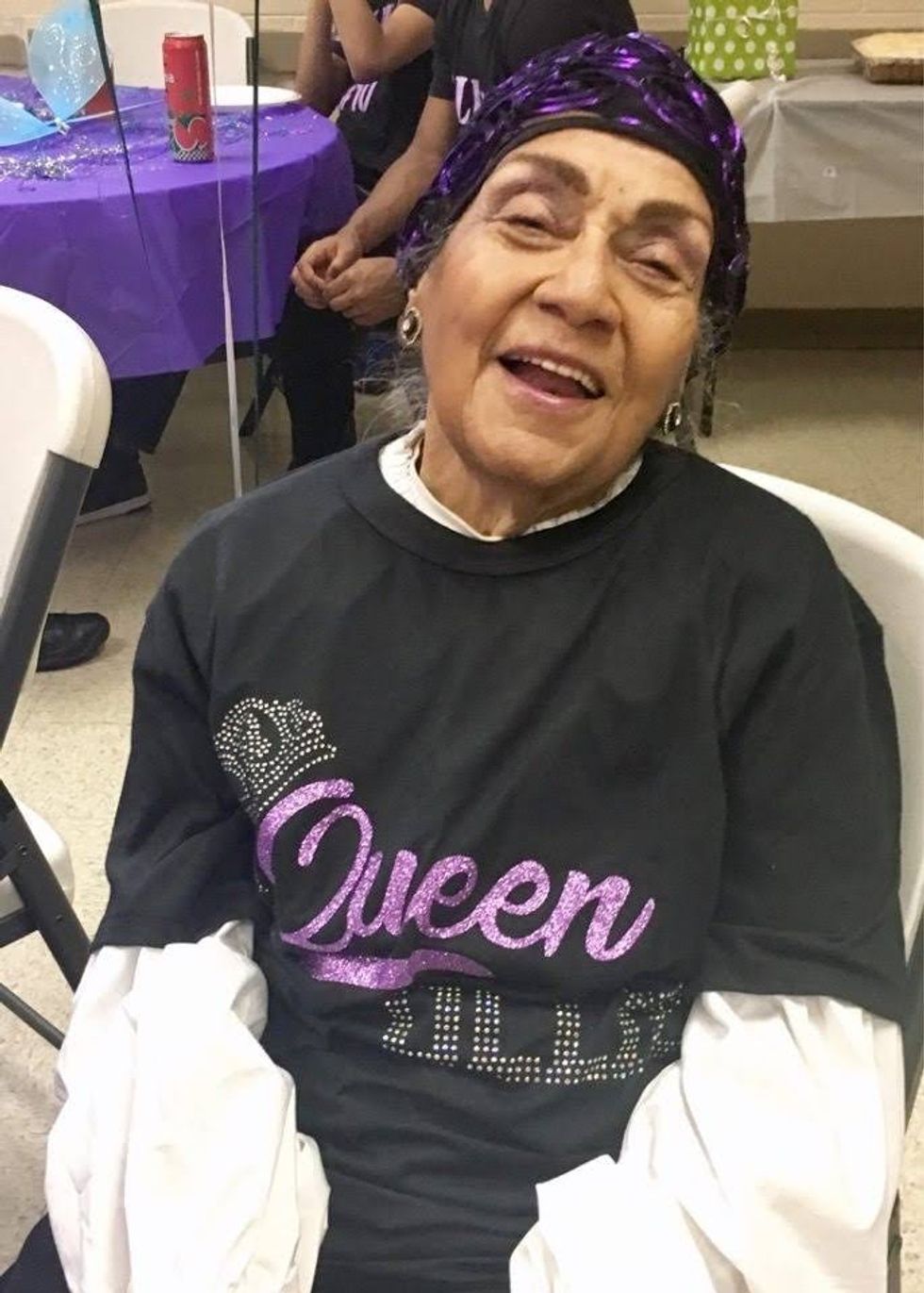Losing a loved one to Alzheimer’s disease can be devastating, but Larea Kwakye and her family chose to transform their grief into a lasting impact for others.
After the passing of her grandmother, Ollie Mae Smith, in September 2019 at the age of 86, Kwakye and her family came together to establish the OMS Foundation. This initiative was created to honor Smith’s legacy of love, service, and education, ensuring that future generations continue to benefit from her lifelong commitment to learning.
A Legacy of Education and Empowerment
The OMS Foundation awards educational scholarships to eligible students, offering not only financial assistance but also college preparation guidance and career advice. The foundation is committed to supporting high school seniors and undergraduate students in achieving their academic and professional goals.
“My grandmother lived a full life, always giving, teaching, and sharing,” said Kwakye. “The main lesson she instilled in us was the value of education.”
This commitment is backed by research. According to the National Alzheimer’s Association, an estimated 6.9 million Americans aged 65 and older are living with Alzheimer’s in 2024, with 73% of them being 75 or older. Studies from the National Library of Medicine have linked low education levels to a higher risk of developing Alzheimer’s disease.
Recognizing this connection, Kwakye and her family saw education as a proactive way to combat the disease’s long-term impact.
“Since research shows a link between low education and Alzheimer’s disease, we want to promote learning and higher education through our scholarships,” said Kwakye.
Building a Scholarship Legacy
The OMS Foundation began its scholarship program in 2020, awarding a $500 scholarship. In 2021, the foundation expanded its efforts, granting two $500 scholarships. By 2023, the organization awarded its first $1,000 scholarship, along with four additional $500 scholarships.
The foundation is already making a meaningful impact—two of its scholarship recipients are now pursuing their doctoral degrees, a testament to Smith’s lasting influence on education.
Honoring a Family Tradition: The OMS 5K Run & Biscuit Breakfast
Beyond education, Ollie Mae Smith was known for her warmth and generosity, especially in the kitchen. She played a key role in supporting her husband, a Baptist pastor, by preparing biscuits for their church’s Sunday morning breakfasts—a tradition cherished by many.
“The one thing everyone could count on was her homemade biscuits,” Kwakye fondly recalled.
To honor this beloved tradition, the OMS Foundation launched an annual 5K Walk & Run. After completing the race, participants are treated to fluffy, buttery, Southern-style biscuits, paying tribute to Smith’s cherished recipe.
The 4th Annual OMS 5 K Biscuit Run will be held on April 19, 2025, at White Rock Lake Park, 8300 East Lawther Drive, Dallas, Texas 75218.
Expanding Global Outreach
In addition to scholarships, the OMS Foundation supports the Alzheimer’s Foundation and the Autism Foundation. Their commitment to education has also expanded beyond the United States.
“We recently launched OMS educational programs in three schools in Ghana,” said Kwakye. “Our goal is to plant the same values of education and service in young people around the world.”
Through its scholarship programs, community initiatives, and international outreach, the OMS Foundation continues to honor Ollie Mae Smith’s legacy, ensuring that her love for education, service, and giving lives on.
For more information, visit www.omsfoundation1933.com.



















